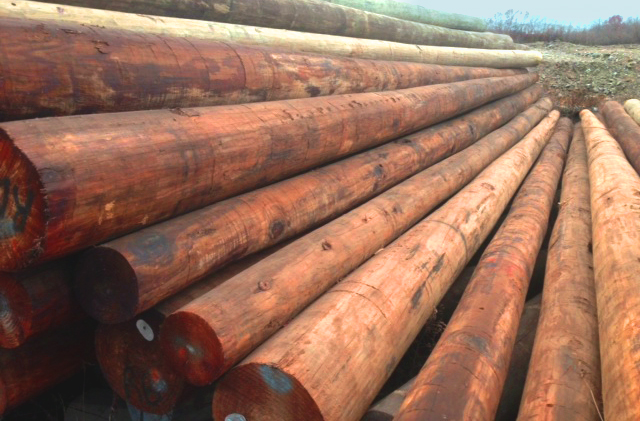Sustainable Wood Fuel
Wood has always been used as a source of domestic fuel to heat the home and cook food. Fossil fuels such as coal and gas reduced the use of wood significantly in large parts of the world, but once again wood is being seen as a good alternative. As the limited supplies of fossil fuels diminish further and nations look to reduce their use to try and mitigate against future climate change, sustainable wood fuel is increasingly seen as a more eco-friendly option. Wood converts to heat efficiently, giving off no more carbon dioxide when burned as it would absorb during its lifetime. Though, as with any heating appliance, a badly fitted wood burner has the potential to give off dangerous carbon monoxide fumes.
The key to providing wood fuels is sustainable sources. Destruction of forests and the habitats they provide is still a huge problem worldwide, so burning wood may seem counter-intuitive. Yet with good forest management methods trees felled for the timber to be used in various industries, including fuel, can be replaced in order to provide an ongoing source. The Forest Stewardship Council (FSC) is a not-for-profit international organisation set up to promote the responsible management of forests around the world.
Founded in 1993, the FSC provides certificates to well managed forests to allow consumers to have confidence that the wood products they are using come from a responsibly managed source. The easily recognised logo indicates that the products come from a managed forest that has been inspected for compliance with local laws and for the rights plus the health and safety of the local population. The FSC stands against the illegal logging that creates the deforestation that is removing the habitats that so many species depend upon. They also provide updated lists of hazardous pesticides to forest managers making them aware of those that are prohibited for FSC certification.
Therefore when purchasing wood fuel checking for the FSC logo will mean that it comes from a well managed, sustainable forest. Much of the wood used for fuel also comes from the sawdust or the off-cuts created in the production of products such as furniture thus ensuring all the timber goes to meaningful use.
When considering wood fuel most people will think of chopped wood in logs. In fact there are various types of sustainable wood fuel including logs, pellets, briquettes and bbq fuel. Freshly chopped wood can be up to 45% water content so a drying process is applied to increase the efficiency of the eventual heating process. Dried hardwood logs can burn almost without smoke which helps with the maintenance of the stove flue. Logs also need to be stored well, preferably up off the floor, covered from the rain but open to the air.
Wood pellets are an easy to handle sustainable wood fuel alternative. Around 6mm to 8mm in diameter they will have gone through a process of grinding, dehydrating and compressing first. This provides for a low water moisture content and a high energy output similar to coal. Again they are often produced from excess wood from other industries, but can also be made from specially grown willow coppice. They are easier to store then wood chips which also contain around 25% moisture compared to a pellet which is usually below 10%. Moisture plays a big part in the energy density of the fuel and hence the heat produced.
Sustainable wood briquettes also offer an eco-friendly solid fuel. A slow-burning alternative, it provides good heat output at an affordable price. Briquettes are a clean, consistent fuel source that gives off a pleasant smell and being very dry they are less likely to spit. Convenient to store because of their uniform shape, briquettes leave little in the way of ash, and what residue is left can be added to the compost heap. This last factor is similar to barbecue fuel. This alternative is once again easy and clean to handle, and also long lasting. Barbecue fuel provides a great flavour to food that is cooked on it due to the purity of the wood used.
There is renewed interest for using sustainable wood fuel around the home. From wood burners and stoves to heat the house, to barbecues on a sunny day, wood offers a low cost alternative. The aroma and comfort of a traditional wood fire is hard to beat and with many of the products classed as carbon neutral they are considered suitably environmentally friendly too.

Comments
One response to “Sustainable Wood Fuel”
Can anyone recommend a good quality wood pellet burner that can also be used to heat water?